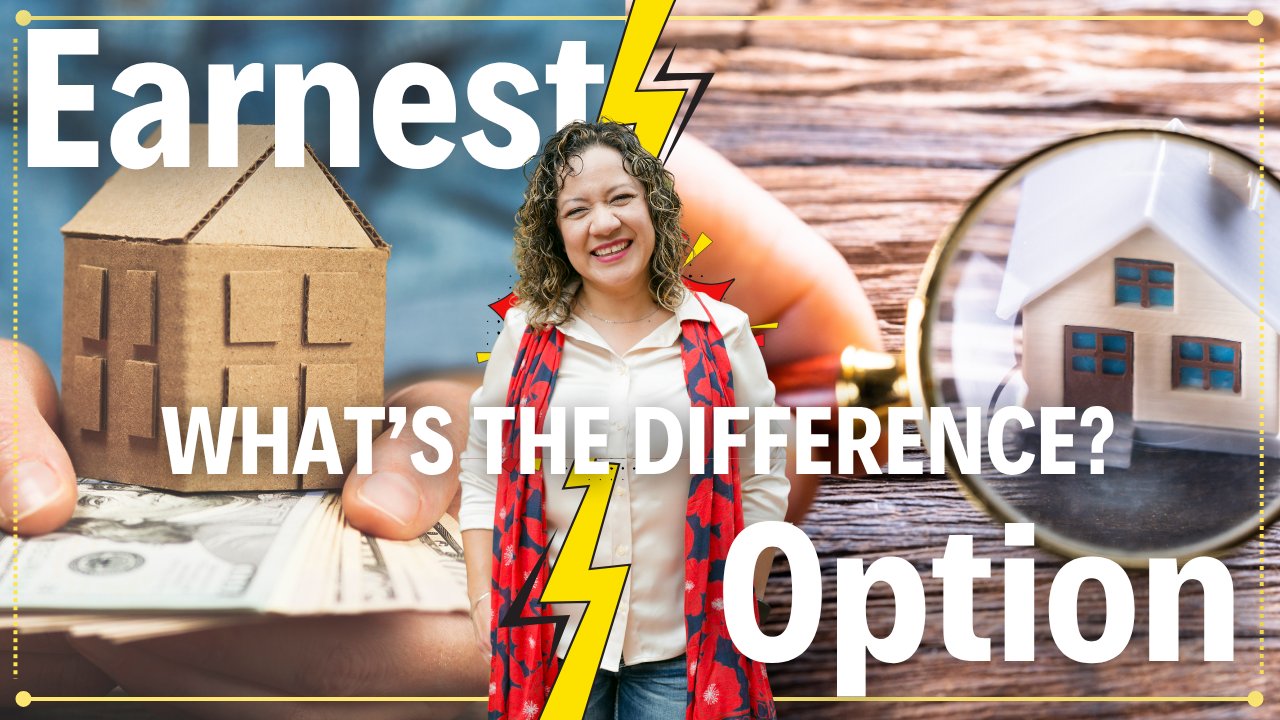Published October 28, 2025
Understanding Earnest Money vs. Option Money in Real Estate Transactions

As seasoned professionals at Garza Home Team at Keller Williams City View, we aim to deliver a comprehensive guide to surpass existing content ranking for “earnest money vs. option money.” Our goal is to provide unparalleled clarity, strategic insight, and depth—your go-to resource on this topic.
🏦 What Is Earnest Money?
Earnest money is a substantial deposit made by a buyer, usually 1–3% of the purchase price, held in a third-party escrow account to demonstrate serious intent. In Texas, especially in competitive markets like San Antonio, this amount might be a fixed sum ($1,000–$5,000) or a percentage .
Once conditions are met and the transaction closes, earnest money is credited toward the down payment or closing costs. If contingencies fail—like financing or inspection—it’s refunded. If the buyer defaults, sellers may retain the deposit.
⏳ What Is Option Money?
Option money is a smaller, non-refundable fee paid directly to the seller to secure the right to terminate the contract during a defined option period, typically 7–10 days in Texas . Amounts range between $100–$1,000, or around 0.1% of purchase price. This payment financially protects the seller while allowing buyers to complete due diligence with confidence.
🧭 Side-by-Side Comparison
| Feature | Earnest Money | Option Money |
|---|---|---|
| Purpose | Good-faith deposit toward purchase | Right to cancel during option period |
| Typical Amount | 1–3% of sale price (sometimes fixed sum) | $100–$1,000 (≈ 0.1%) |
| Refundability | Refunded if contingencies aren’t met; forfeited for buyer default | Always non-refundable, even if buyer proceeds |
| Applied to Purchase Price | Yes | No |
| When Paid | With contract or within 3 days in Texas | At contract execution/start of option period |
💡 Strategic Insights
Buyers:
-
Offer enough earnest money to signal serious intent without overexposing yourself. In hot markets, a higher deposit can strengthen your offer.
-
Use the option period effectively, scheduling inspections and appraisals early. Be prepared to forfeit option money if withdrawing.
Sellers:
-
Evaluate earnest money as commitment, where higher amounts reduce risk of default.
-
Negotiate shorter option periods or higher fees to compensate for taking the property off the market.
📌 Special Considerations for San Antonio and Texas
-
Texas law mandates that both earnest and option money must be delivered to the title company within three days of contract execution.
-
The standard Texas option period (supported by TREC forms) allows buyers to cancel for any reason within those 7–10 days, though fees differ.
-
Escrow safety: earnest money should always go through a licensed escrow or title company—not directly to the seller.
🏘️ Our Expert Recommendations
-
Structure offers with transparency: Clearly separate earnest from option funds in your offer letter.
-
Benchmark local norms: In San Antonio, 1–2% earnest money and a 7-day option for ~$300–$500 is common.
-
Protect your position:
-
Buyers: Include strong contingencies and respect deadlines.
-
Sellers: Use non-refundable option fees and ensure earnest money is sufficient to discourage low‑ball offers or unexpected withdrawal.
-
✅ Summary
We deliver unmatched clarity:
-
Earnest money shows intent, is refundable under contingencies, and applies to final closing.
-
Option money covers due diligence freedom, is non-refundable, and separates buyers from sellers in Texas deals.
-
Integrating both effectively enhances offer competitiveness and transaction security.
Reach out to Garza Home Team San Antonio Real Estate to strengthen your offer structure or negotiate expertly. Our local expertise ensures top-tier outcomes in the San Antonio market.






